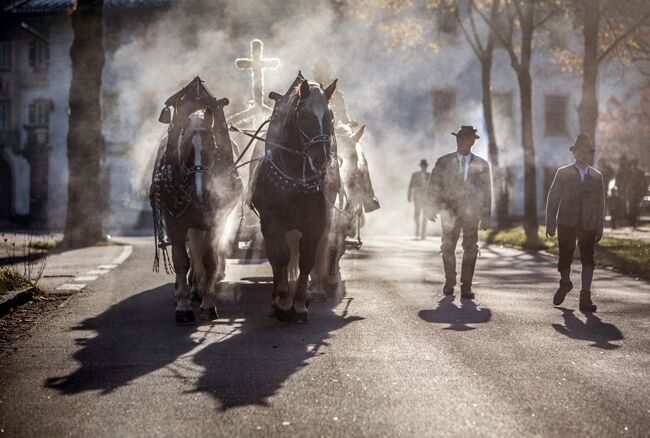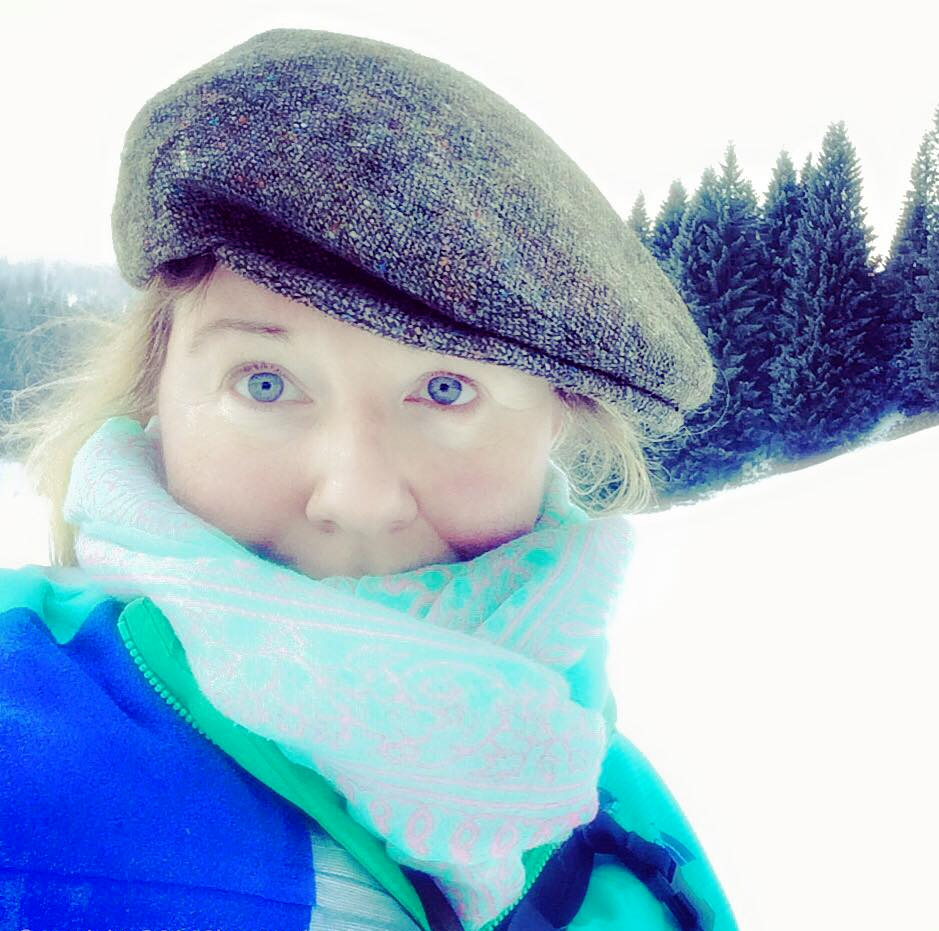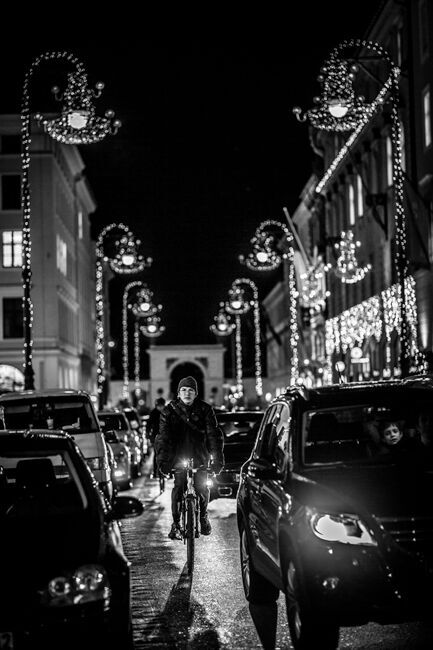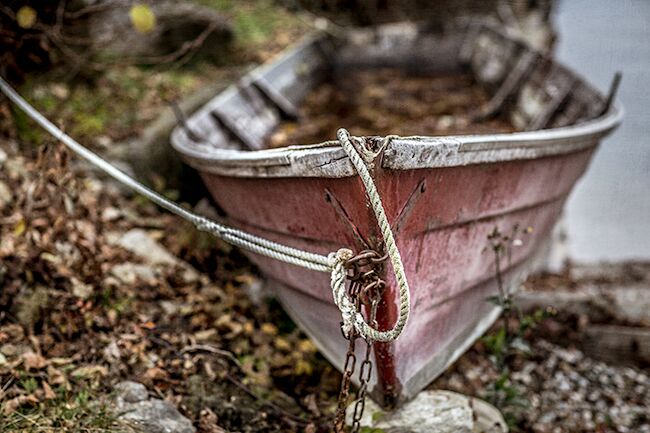We are talking to photographer Laura Boston Thek for aamora’s seventeenth interview.

Why photography?
Why not photography? I am an artist and I come from a long line of creative people and for us simply everything is art. Whether it be painting or cooking it is done in a way to express our creativity. It is for us, like breathing is for others. It simply must be done and DAILY. For me personally, photography stepped in when I was going through a particularly dark period due to health issues and I had lost my ability to paint. My husband suggested I start posting online some of the photos I took as reference for future paintings. He really felt they were “art” in themselves. I initially started out with great trepidation but I really grew to love the connection to the outside world through the internet and other photographers. Being unemployed at the time I tasked myself to create 10 amazing photos daily. It became my meditation and my lifesaver. Forcing myself to get out and focus on the beauty and light in the world around me literally changed my state of being. Now I see photographs everywhere and I am filled with light.
Cellphones?
ABSOLUTELY! Why the heck not! Any tool that helps you be creative, that helps even non creative people see and share and express emotions, should be explored. In the early days of the use of cellphone cameras I constantly heard this is not art and it isn’t even photography. It drove me crazy. Why would anyone limit their ability to create? If you find it inspiring…explore it.
I was working with large format photography and hand printing photographs using albumen and silver nitrate. At the time I really started really to discover the amazing spontaneous world of cellphone photography. I kept hearing from many analog photographers that this was yet another non art or alteration of the craft of photography. This infuriated me and I set out to prove that cellphones are yet another tool in the artist’s tool box.So I set out to make what the world at the time considered “art” while utilizing the historic photographic processes and my iPhone 3G. With the cellphone I made what is now called a “Selfie” and then using various software I enlarged and created a negative of the image. At that point I created a contact print using a 150 year old photographic processing technique called albumen printing. The results were astounding even to me. I actually use it on my business cards to always remind me to never stop pushing the boundaries of creativity in photography.

Digital v. Film – still a topic?
I never understand why the discussion even exists or why it has to be an either-or situation. I respect all offerings in the tool box, be it digital or analog. I only care what is the image, not really how you build it. For me this was never a topic of opposing forces. I believe it is beneficial to learn every and all types of photography. It only enhances your knowledge and your images.
Is the equipment important?
It is most important that you have something with you with which you can capture and save a moment. Not really so much how you manage this act. I am continually blown away by what people can create with a cellphone, and the spontaneity that this simple camera affords the photographer and the non photographer alike. You almost always have one with you, therefore, you can always create something. That is wonderful! It brings me endless joy when I see novices using their phones to capture and share something amazing. It unifies us and provides an outlet to express creativity.
When gear comes into the conversation, I question “what is your plan for the images?”l. Of course, if you are billing yourself as a Professional photographer you will need the gear that comes along with the title much like a soldier needs his uniform. Do I feel the equipment makes the image? No I do not! I subscribe to the school of thought that you should use what you have. I think whatever photography device you are using you should master it inside and out. Know it and own it! Through daily practice and gaining experience I feel you can bend all most any camera to your will, creating amazing images in the process.

How did you learn to photograph?
I learned photography by DOING. I had some basic classes in high school and also in art school, I had really no interest or time to spend on it. I always thought, foolishly, that I wouldn’t need those skills. Many years later I was gainfully employed by the military I picked up my camera again. I photographed museum events, progression of the exhibits for the museum and for exhibition info graphics. My seniors believed in me and felt my work was good enough to assign me as an embedded photographer to document the soldiers as they traveled through France performing memorial ceremonies. My passion for photography was fueled during this experience.
I began studying many other historic forms of photography to further my education; buying old cameras, using them daily, seeing what they had to teach me and then moving on to the next. It was an incredibly inspiring time. Printing and developing photos on film, glass and paper in our tiny laundry room darkroom-I miss it.
Are photographs “taken” or “made”?
Do we have to label it? It’s all about how we interpret it. Is a moment “stolen” or “captured” might be another way of saying it. I like to think of photography in terms of “giving back”. I love to meet people who believe they are totally non photogenic and reveal the beauty I see in them. I love to capture a fleeting moment and then give that moment back to the person in the image. I love to share with the world all the amazing,, ever changing beauty and drama I discover on my daily treks and global travels.
Is photography art?
I have to admit I had to learn that photography is “art” and not just technology.When people say, “photography isn’t art”, I go into the description of my whole journey of proving cellphones could produce “art”. I go back and describe the process of taking a photo and by just using wiped egg whites and silver nitrate, I can take a simple image and elevate it exponentially.
I have worked in myriad artistic fields and I have never worked harder or been more creatively inspired as I have since beginning my journey into the world of photography.
Where do you go to look at photographs?
Anywhere and everywhere, from documentaries to various print magazines in which I find aspirational photography and photographers. I view a lot of photography from around the world via Facebook, Flickr and Instagram. I find no end of motivation and inspiration going through other photographer’s websites and online galleries. Many times just revaluating my own image archives helps me to grow and develop and find new and different ways to capture every day subjects.
Who is it for – you or them?
Again I don’t think of photography in those terms. The craft of making a photo, the skill in observation, the translation of emotion from the moment to the viewer takes the work from me to them. From the moment I view a subject through my lens, I feel a healing process which connects me to other and I like that idea of symbiosis in photography.

Laura Boston Thek is a published, self-taught Alternative Process photographer. Born in rural Northern New Jersey, she has spent the majority of her life living and working in Europe. She received her Bachelors of Fine Arts from Ringling College of Art and Design in Sarasota, Fl. She has enjoyed a long and varied art career, from Apprentice Conservator to Military Museum Designer and Fabricator to her current position as a Fine Art Photographer. She lives in a 2,000 year old village along the sleepy Neckar River in Germany with her former Army pilot spouse and part time photographer and her canine companion and muse, Clover. She is a prolific photographer consistently developing her photographic skills. Working with cameras from the contemporary digital to restored old analog and wet plate.